Start your day with these powerful nuggets of wisdom from people who've beaten the odds.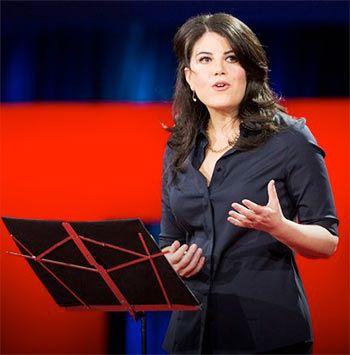
Year after year, TED Talks have succeeded in completely changing our world-view, and some of the better ones even managed to change the way we understand ourselves.
The power of this platform is such that many a time it has driven home social change in the women's movement, as some of the world's most respected female opinion leaders have graced the stage to present thought-provoking and often life-changing ideas.
This year's line-up didn't fail to inspire awe, either.
Here are HerStory's ten chosen 2015 TED Talks by women leaders, that really made us question our current scheme of things:
#1. Roxane Gay's "Bad Feminist"
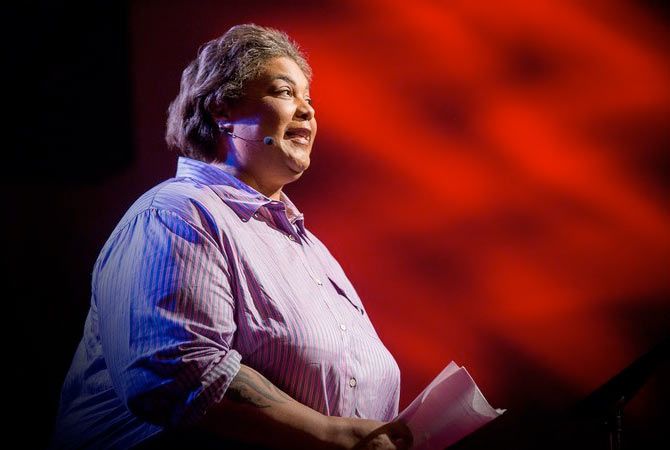
As the number of views on this talk started to climb to a million, my hopes came back from the dead, that the old wives' tales surrounding one of the most worthy causes of our time will be dispelled. Writer Roxane Gay proclaimed she was a "bad feminist," she was referring to the unrealistic expectations associated with the term.
"I had strange ideas about feminists as hairy, angry, man-hating, sex-hating women."
She was afraid she wasn't contributing to the movement in the vociferous way she was expected to. And then, in that monologue to herself growing up, she realised, that 'doing the things that needed to be done' was not as important as simply 'feeling the indignation that needed to be felt.'
"These days, I look at how women are treated the world over, and anger, in particular, seems like a perfectly reasonable response. You don't want to be that rebel woman, until you realise that you very much are that woman, and cannot imagine being anyone else."
Too many women are afraid to stand up and say, "Yes, I am a feminist," for fear of what that label means, for fear of being unable to live up to unrealistic expectations.
In this heart-warmingly simplified monologue, she tells us that feminism comes inmany flavours, and all of us can be our own versions of a feminist, if we simply believe in the cause and help others see the light too. "I would rather be a bad feminist than no feminist at all," she says.
Click here for the full speech
#2. Monica Lewinsky's "The Price of Shame"
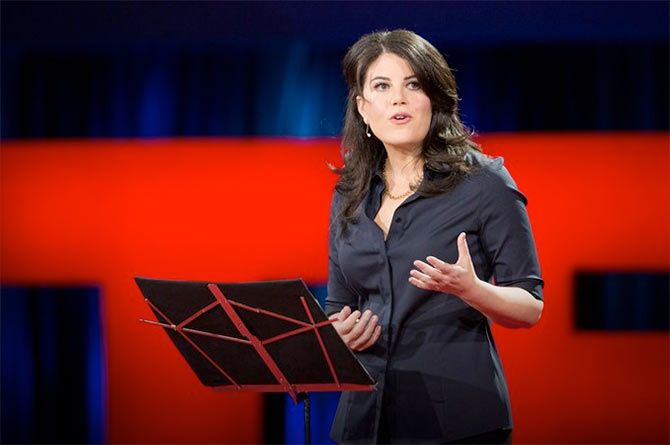
Clocking 6.4 million views, Monica Lewinsky's side of the story reverberates through theaudience as she describes, second by second, how her dignity and self-respect was stolen from her.
The faceless mob that carried out the cyberheist fails to realise, that what they are sadistically feeding on, entertaining their egos with, was the heartbreaking experiences of an actual human being who felt, loved, lost and hurt just like the rest of us.
In this digital age, Lewinsky feels the need to come out and make her story a reference point, because the shaming is no longer local, but global.
"The echo of embarrassment used to extend only as far as your family, village, school or community, but now it's the online community too. Millions of people, often anonymously, can stab you with their words, and that's a lot of pain, and there are no perimeters around how many people can publicly observe you and put you in a public stockade. There is a very personal price to public humiliation, and the growth of the Internet has jacked up that price. Gossip websites, paparazzi, reality programming, politics, news outlets and sometimes hackers all traffic in shame," she says in her talk.
Click here for the full speech
#3. Dame Stephanie Shirley's "Why do Ambitious Women Have Flat Heads?"
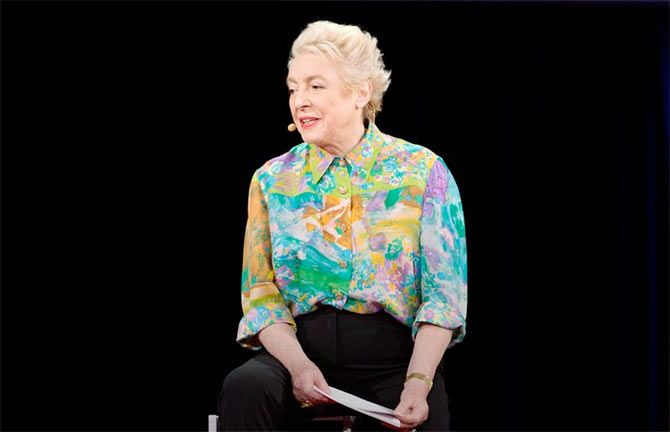
Dame Stephanie Shirley is often calledthe most successful tech entrepreneur you never heard of.
Her talk has this quality, this vividness that transports you back to the yesteryear, to a time when Stephanies still had to turn themselves into Steves to not have the door slammed to their faces.
In this talk that flows like the autobiography of a 70-year-old legend only few know of, Dame Stephanie Shirley shares a lifetime of lessons, observations, dead-ends, stalemates and breakthroughs, not to mention an increasingly fascinating theory behind what an ambitious woman looks like.
Click here for the full speech
#4. Esther Perel, Rethinking infidelity, a talk for anyone who has ever loved
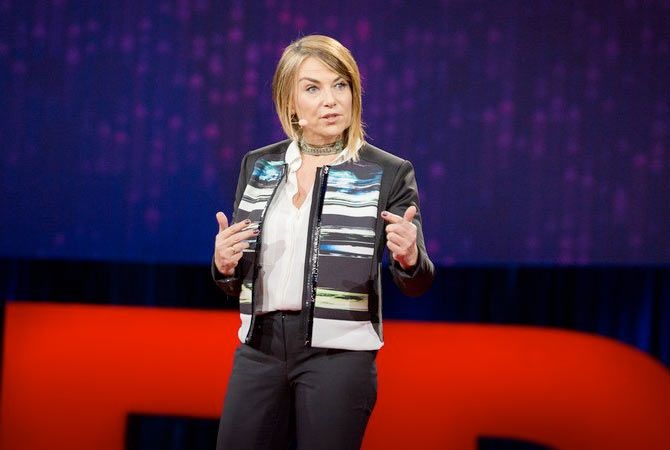
"All of us frown upon it, yet all of us do it," the speaker muses.
So explosive is the topic that Esther Perel chose to explain that it has clocked some four million views due to its secret all-encompassing nature. And this conversation was about infidelity.
As a relationship therapist, she's had to come face to face with this issue often enough for her to be able to infer that it is rampant and near inevitable.
Yet, the diversity of the circumstances it was executed in has convinced her that it is definitely not an open and shut, black or white case of betrayal.
In this session, she explains the evolution of human relationships, and the changing role that infidelity plays in changing times.
Most importantly, for everyone who has cheated or been cheated on, she insists that it need not be the end.
Click here for the full speech
#5. Emilie Wapnick's 'Why some of us don't have one true calling'
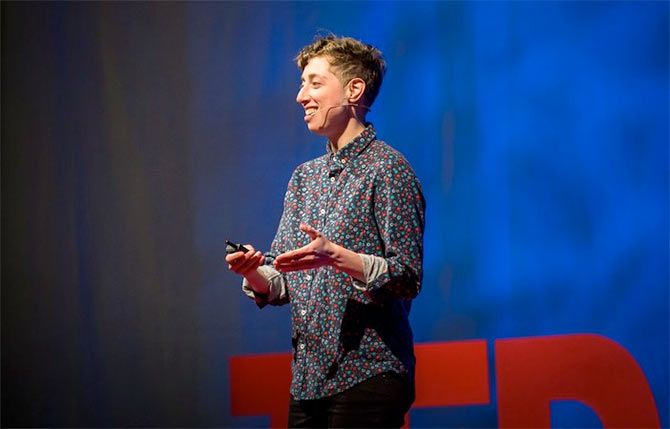
With this TED Talk, Emilie definitely dispelled one of my longest standing fears, and I am sure she'd have the same effect on most of you.
By having many things that 'float my boat', I was afraid my life was never going to get to its one true destiny, since it changed course so often.
But Emilie tells us that maybe, our destiny was to explore multiple destinations, and each would be an equally beautiful exploit. While she was at it, she also gave this infamous community a new, more positive name -- the 'Multipotentialites.' She examines the roots of this belief -- of thinking perfection and excellence is only possible by dedicating a lifetime to honing one skill -- tracing it back to our culture.
"The notion of the narrowly focused life is highly romanticized in our culture. It's this idea of the one true calling; that we each have one great thing we are meant to do during our time on this earth, and you need to figure out what that thing is and devote your life to it.But what if you're someone who isn't wired this way?
What if there are a lot of different subjects that you're curious about, and many different things you want to do?
Well, there is no room for someone like you in this framework. And so you might feel alone; like you don't have a purpose; like there's something wrong with you.
Here's the thing -- there's nothing wrong with you," she reassured millions.
Click here for the full speech
#6. Memory Banda: A warrior's cry against child marriage
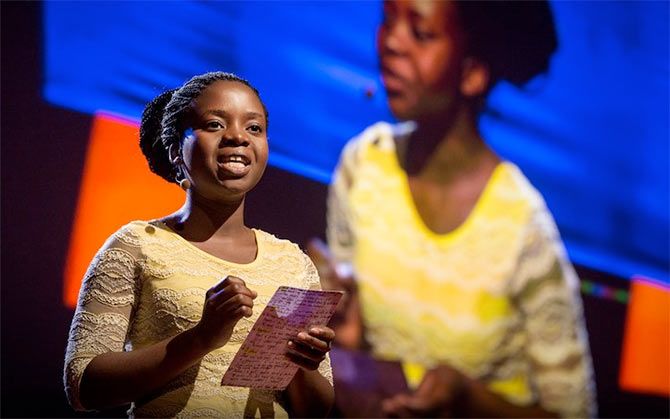
Memory Banda is a change-maker, she is a trail-blazer, she is a rebel, she is a messiah, she is an activist and a voice, she is the face of an oppressed gender.
This TED Talk features the warrior in the flesh, narrating her story on the war she waged against child marriage and child pregnancies in her small African village.
She tells you how anybody can start a revolution, that change indeed can and does begin with you, if you are passionate enough.
You know what makes the strongest case for this phenomenon?
This warrior was all of 13 years old, when she united her peers to bring about a change in the laws that upheld a centuries old tradition that compelled little girls to become sexually active and marry older men to become child-mothers.
Click here for the full speech
#7. Khadija Gbla's "My mother's strange definition of empowerment"
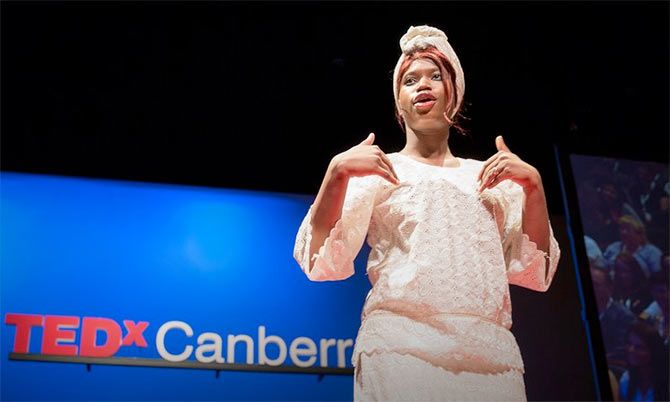
The way Khadija opens her talk is very fitting; "For you will feel the need to cry, laugh, cross your legs and do anything your body must to drown out the agony you are about to feel."
She says she was a just another girl, but born in the wrong part of the world, and the series of events that followed are the truth, the reality for millions even today.
As a child, her mother had a genital mutilation performed on her to 'empower her,' so that she is liberated of sexual desires and will never be 'used by men' for sexual pleasure.
This warped cultural practice and idea of empowerment has been passed down forgenerations, and most women spend their lives not knowing how one of their fundamental rights have been violated.
In this tell-all talk, Khadija helps you feel what she felt, so you join her in doing what she is trying to do.
Click here for the full speech
#8. Morgana Bailey, "The danger of hiding who you are"
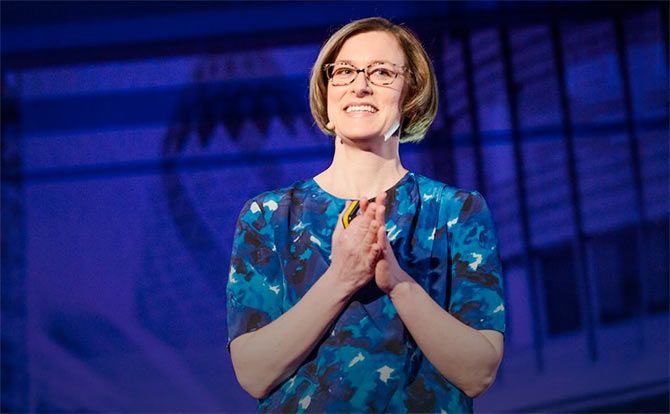
Morgana Bailey's talk was a no-holds-barred call for action.
Morgana Bailey led a dual life for almost 16 years, and kept her sexual orientation a secret, not only because she feared being reduced to only that part of her identity, but also because she feared being fatally punished for it.
But in this TED Talk, she reveals how she discovers that her safe silence has been more detrimental to her existence than a daring cry to the skies.
Click here for the full speech
#9. Robyn Stein DeLuca, "The good news about PMS"
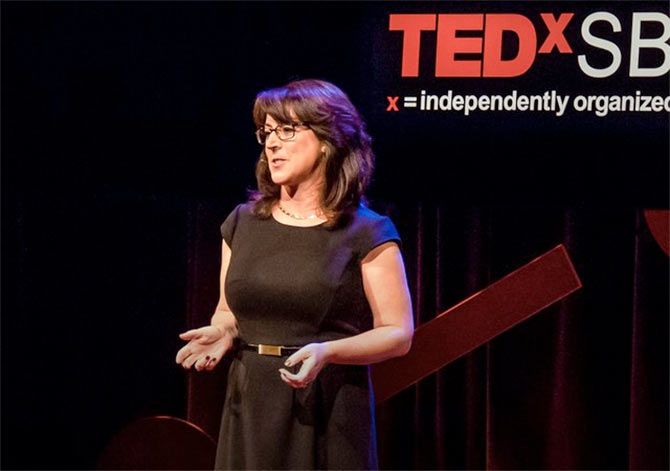
In this TED Talk, you are about to hear something that might strip many inexplicable "acting unlike myself" moments off their go-to explanation -- PMS.
Dispelling it as a grey area in scientific research and science's best kept secret, Robyn Stein DeLuca proceeds to put to rest some age-old myths.
"After five decades of research, there's no strong consensus on the definition, the cause, the treatment, or even the existence of PMS.
As most commonly defined by psychologists, PMS involves negative behavioural, cognitive and physical symptoms from the time of ovulation to menstruation," she explains.
"Getting some of these symptoms doesn't amount to a mental disorder, and when psychologists come up with a disorder that's so vaguely defined, the label eventually becomes meaningless. With a list of symptoms this long and wide, I could have PMS, you could have PMS, the guy in the third row here could have PMS, my dog could have PMS," she adds.
But PMS has set the cash registers clinking for many businesses, and if you are ready to face the truth about something you have been fed month after month all your life, head on over here.
Click here for the full speech
#10. Elizabeth Nyamayaro's "An invitation to men who want a better world for women"
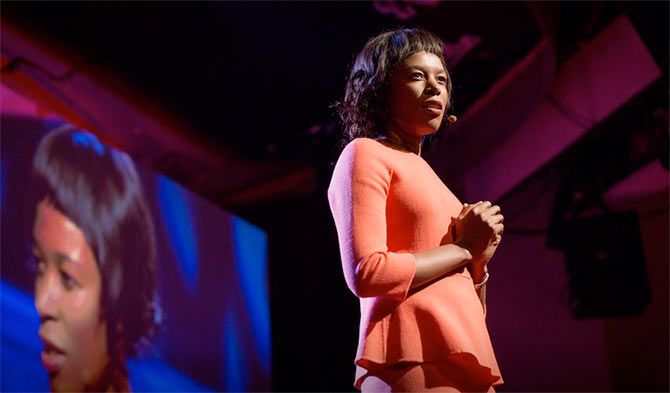
The year 2014 saw the flagging off of one of the most unique and path-breaking movements in feminism's history, the HeForShe campaign, as it flipped the lens and pointed it at that half of the population which didn't think the movement concerned them all these centuries.
This TED Talk by Elizabeth Nyamayaro, UN's HeForShe's global head, drives the point all the way home.
Click here for the full speech
All images: Kind Courtesy TED












 © 2025
© 2025